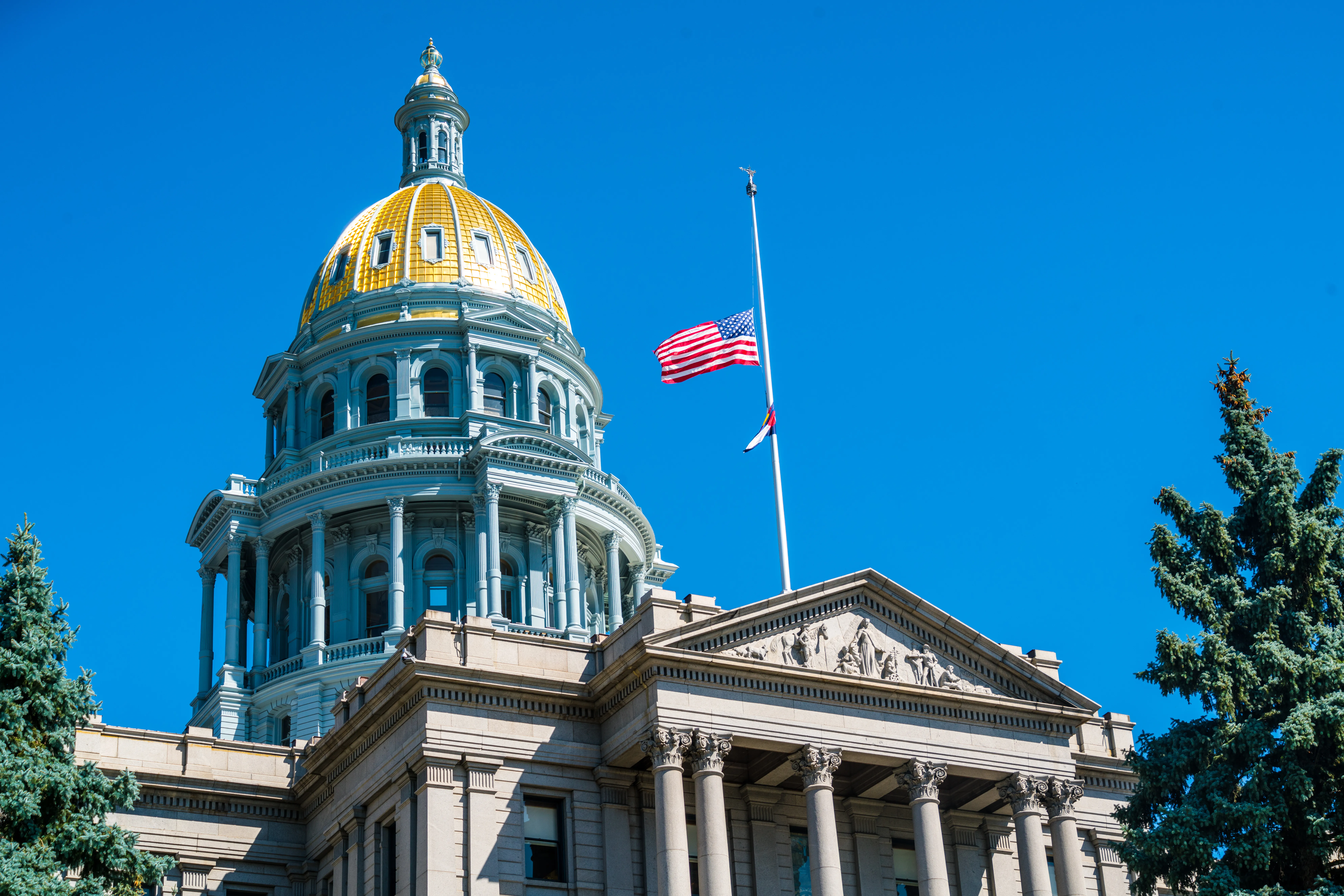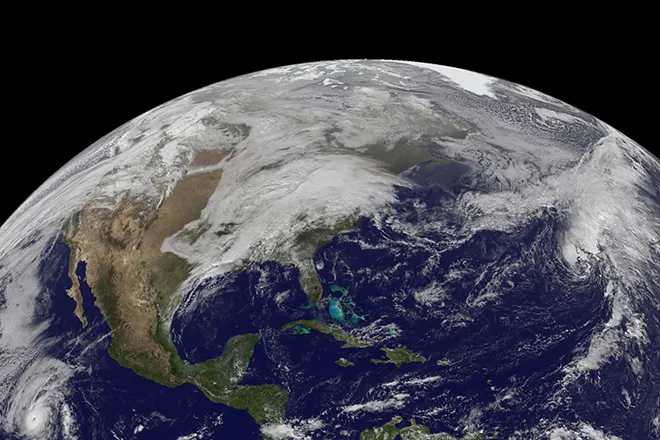
The Yonder Report: News from rural America - October 3, 2024
News from rural America.
Cheap milk comes at a cost for residents of Washington's Lower Yakima Valley, Indigenous language learning is promoted in Wisconsin as experts warn half the world's languages face extinction, and Montana's public lands are going to the dogs!
TRANSCRIPT
♪♪ For the "Daily Yonder" and Public News Service, this is the news from rural America.
Large-scale animal feeding operations, like dairy farms, can be linked to polluted drinking water.
In Washington State's Lower Yakima Valley, nitrate pollution has been found in 20 percent of all wells.
Discharge from lagoons - huge pits of animal waste mixed with water - can contribute to serious health risks, such as higher rates of cancer.
Amy Van Son, with the Center for Food Safety, says these dairies may produce cheap milk, but it comes with a cost.
It's an artificially cheap product for a consumer, but we're paying the price, because then we have contaminated drinking water.
Consolidation of feeding operations into just a few big companies has led to a dramatic decline in dairy herds, but not milk production.
Van Son says centralization makes it increasingly hard for locals to push for regulations that would protect their drinking water.
We're paying the price, and we're gonna keep paying the price, and it's the people who are the least well-off in rural areas and especially marginalized communities, you know, communities of color in rural areas, are the ones paying the biggest price for this.
The United Nations says half the world's languages could become extinct in 75 years, a direct result of colonization.
But in Wisconsin, a Native American writer is working to save her ancestor's tongue.
Laura Red Eagle, a member of the Ho-Chunk Nation, felt disconnected from her roots, so she started weekly communal gatherings where they used the tribal language in everyday conversation.
It takes a veil away.
You can ask questions, and you don't feel stupid for doing that, because anybody that's showing up for a language class is already super brave.
She says the most successful language revitalizations gather communities together rather than practicing alone.
But it's not easy, especially for young people.
If they can speak one or two words or at least get their introduction done or hear some more, then it's worth it.
Montana's going to the dogs, as dog owners snap pictures of their pooches to promote the state's 30 million acres of public lands.
The Montana Conservation Voters Education Fund, led by Kirsten Cook, is sponsoring the second annual Pups for Public Lands photo contest.
So, with this contest, we're kind of hoping to inspire Montanans to get outside with their dogs in a responsible way that respects our public lands.
Winners will be featured on a calendar and get a doggy prize pack.
Professional photographer and contest judge Kim West says the best time for puppy portraits is the golden hour, early in the morning or just before dusk, and owners should try to capture their dog's eye view.
One of the easiest ways that people can improve their pet photos is to get low when they're taking that shot and to photograph from the dog's eye level.
For the "Daily Yonder" and Public News Service, I'm Roz Brown.
For more rural stories, visit dailyyonder.com.

















